With so much ever-changing information around COVID-19 being shared, it’s hard to keep up and know what to do.
Should you get the vaccine? Will it affect your periods? Can you still get the virus when vaccinated? The questions are (seemingly) endless.
Well, two experts in the field are here to answer your most popular questions.
Dr. Nighat Arif is a family NHS GP specializing in women’s health and family planning. She's also BBC Breakfast’s resident GP.
Dr. Adwoa Danso is an NHS GP doctor and 2019 NHSC BAME Health and Well-being Advocate Winner.
So, without any futher ado, let's answer some questions!
Do I need a COVID-19 vaccine?
Dr. Danso: The vaccine doesn’t necessarily stop you from getting COVID-19, but it essentially reduces long COVID-19 symptoms, as well as the severe effects that we were seeing so much of.
If you look at the data, even if numbers do go up, fewer people are being hospitalised and dying from the virus. I would say it’s a personal decision – that’s why we don’t have mandatory vaccinations, but with cases like COVID-19, the vaccine is there because we simply can’t predict who will become really sick. It’s to keep as many people as safe as possible.
How long do I need to wait to get the COVID-19 vaccine if I have tested positive for the virus?
Dr. Arif: The guidance at the moment is that if you’ve tested positive for COVID-19, you are to self-isolate for 10 days in order to get rid of the virus. Then you have to wait four weeks to get your first dose of the vaccine. Or second dose – as you can still pick up the virus in between doses.
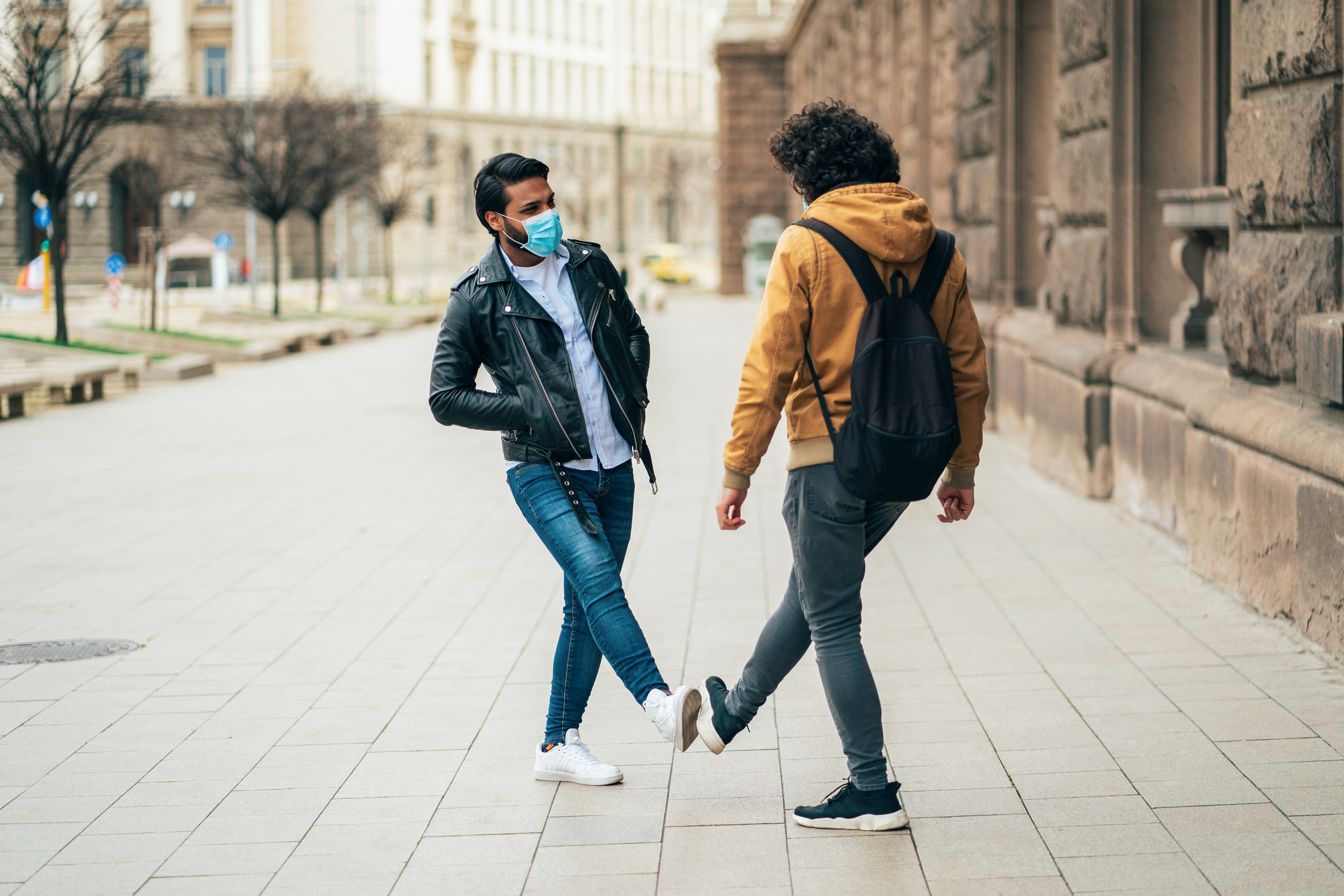
Can you get COVID-19 if you've been fully vaccinated?
Dr. Danso: Definitely, but what we're seeing now is that those testing positive after getting the vaccine now have milder symptoms like a cough or a sore throat. This vaccine isn’t here to get rid of COVID-19; it’s to stop people from dying and to avoid any long-term respiratory issues and any other ways in which coronavirus has destroyed people’s lives. Similar to the flu, we're also trying to stop the most vulnerable people from dying.
With COVID-19, like with any virus that’s ever existed, we always have mutations and variants — we expect that. The longer people aren't vaccinated, the longer the virus has to mutate. Now we’re seeing if the vaccines we have already will be good enough against new variants — that’s why we’re looking into having boosters in order to have more protection and cover,.
Dr. Arif: Yes, the data suggests that because there are variants within different communities, you can get COVID when vaccinated. But it's a smaller percentage of people and you’re less likely to be severely affected by the virus. Getting the virus while vaccinated happens because of the variants but also how much exposure to the virus you may have had. I, as a doctor, might have seen 10 patients that day that could all be carrying COVID-19 and be completely asymptomatic and pass the virus onto me.
Once you’ve had one dose of vaccine, you don’t get instant protection. It takes two weeks for antibodies to form between doses. Even when you’re doubly vaccinated, the antibodies can vary from person to person. We’ll never know how much to the extent someone is protected at any given time, hence why the conversation around boosters is becoming more relevant.
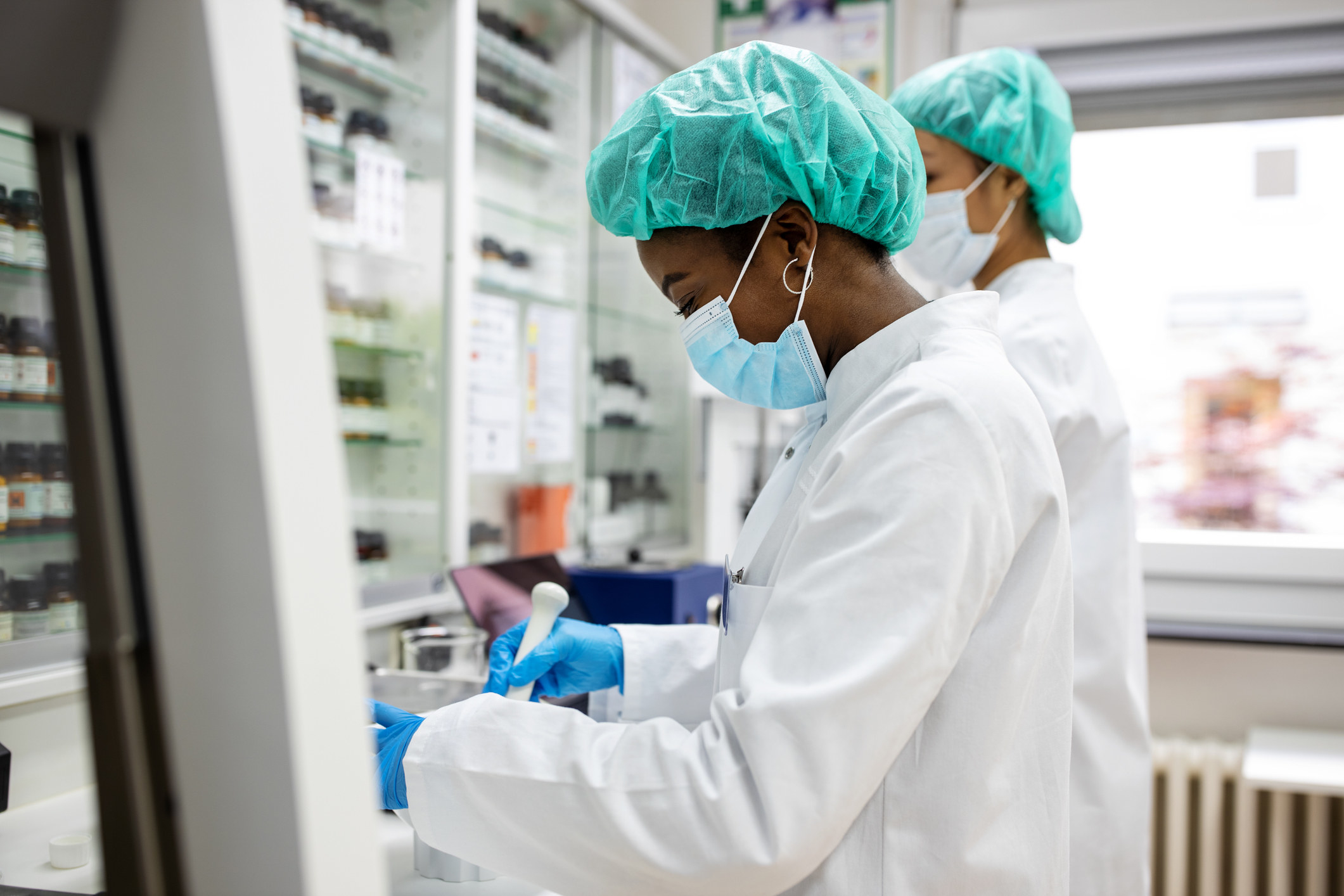
How does the vaccine work?
Dr. Arif: In the vaccine, there’s the tiny bit of the virus, which is the genetic bit of the virus that is not alive (aka the dead bit of the virus). That goes into your bloodstream through your arm and shows itself to your immune system. Your immune system goes, "What is this?" and then makes photocopies of the virus.
Once it does, it destroys the genetic bit of material in your body — the dead bit — and you don’t have that virus in your body at all. After two weeks, that vaccine gets completely destroyed, as though you've never had it, but it’s left the pictures behind, a bit like a mugshot. So if you were to come into contact with the live virus, your immune system has those mugshots on the wall and goes: "Ah, I know what this is" and attacks the virus and destroys it. Our bodies are amazing.
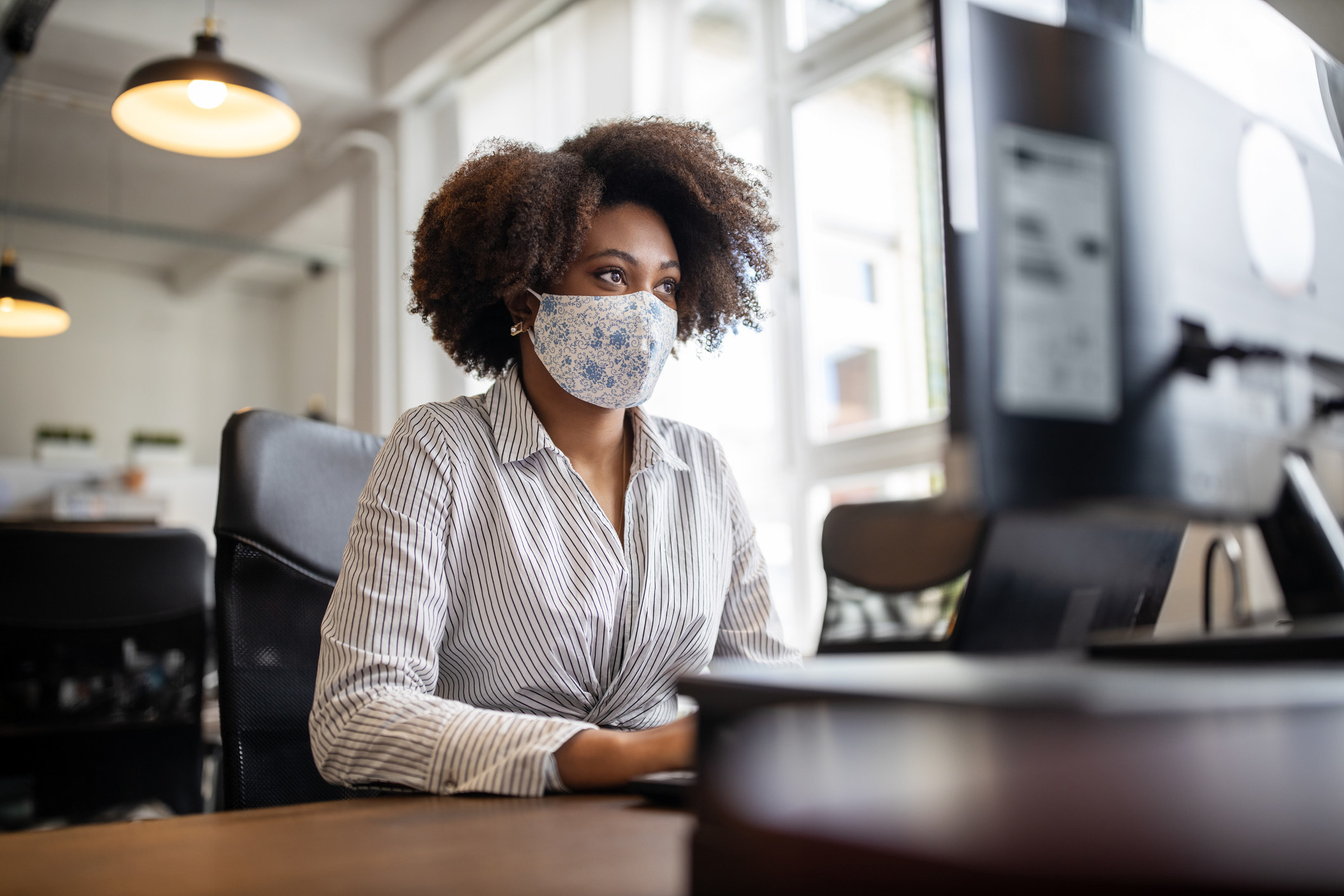
How effective is the vaccine, and which is most effective?
Dr. Arif: No vaccine on planet Earth is 100% effective. If you look at Pfizer, Moderna, and AstraZeneca, the number of deaths drastically reduced, with an average of 98% coverage from death. Research shows 95%–96% of people who have been vaccinated have also been protected from hospitalisation. Time and time again, it’s shown that those who are vaccinated and get coronavirus are less likely to suffer the long-term consequences.
Dr. Danso: In order to look at effectiveness, we should look at main goals, which are to avoid fatalities like death and severe disease. The vaccination is to reduce all those things.
After the first dose, you are roughly 70–80% covered, but then after the second dose, you are in the high 90s. Gov.uk shared that the Pfizer–BioNTech vaccine is 96% effective against hospitalisation after two doses and the Oxford-AstraZeneca vaccine is 92% effective against hospitalisation after two doses.
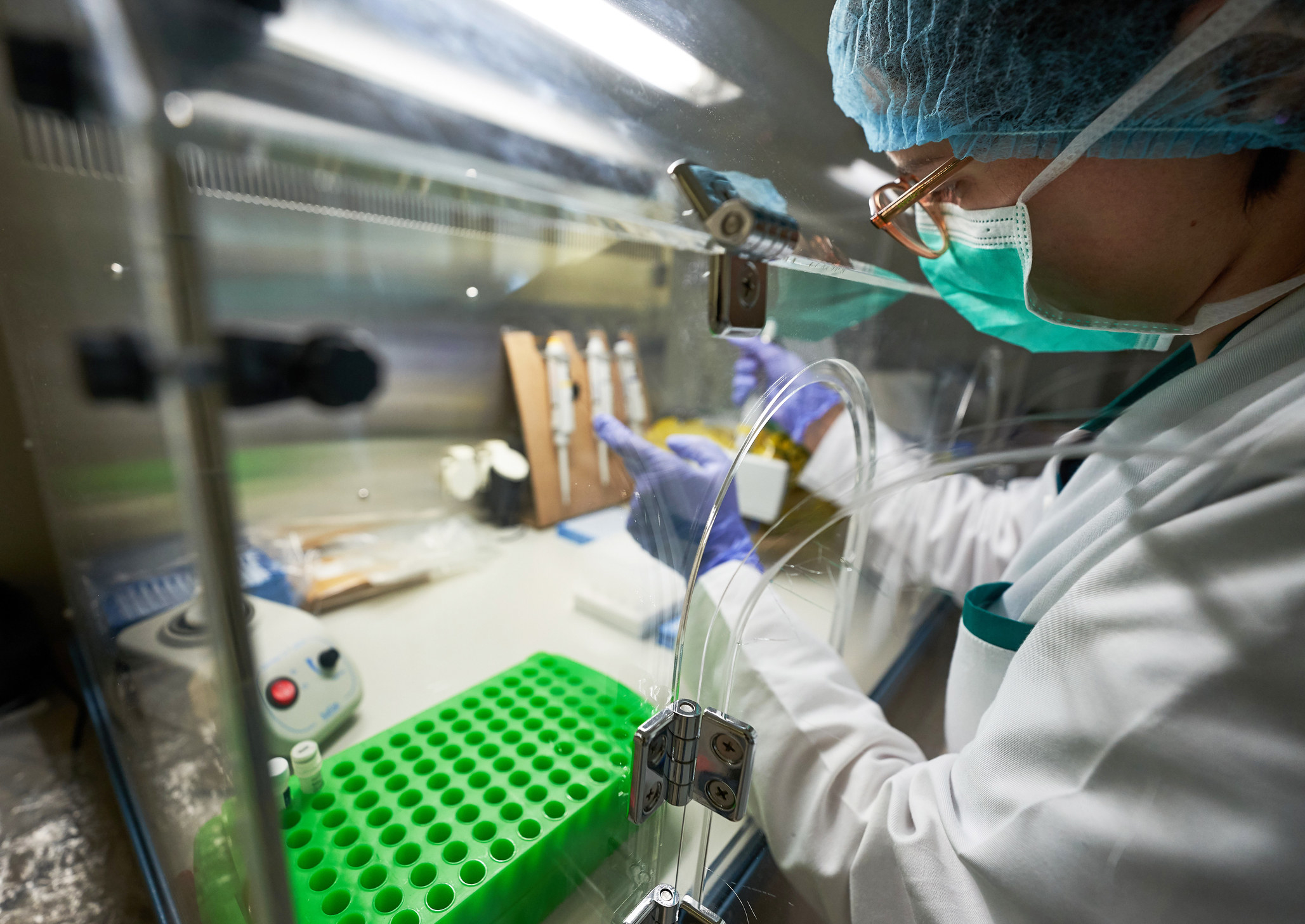
Have second doses been moved forward? What do I need to do?
Dr. Danso: Second doses have been moved forward from 12 weeks to eight weeks. That's simply because we are trying to vaccinate as many people as possible in order to stop the virus mutating — we’re trying to get as much good protection for the masses.
Will the vaccines work with the new strains?
Dr. Danso: We are currently looking at that. Some of the evidence from the Pfizer trial shows that the vaccination does protect from the Delta variant, but we’re still looking at more evidence. Variants are ever-changing, so it’s about keeping up and trialling, but the early findings suggest the vaccines do work with new strains.
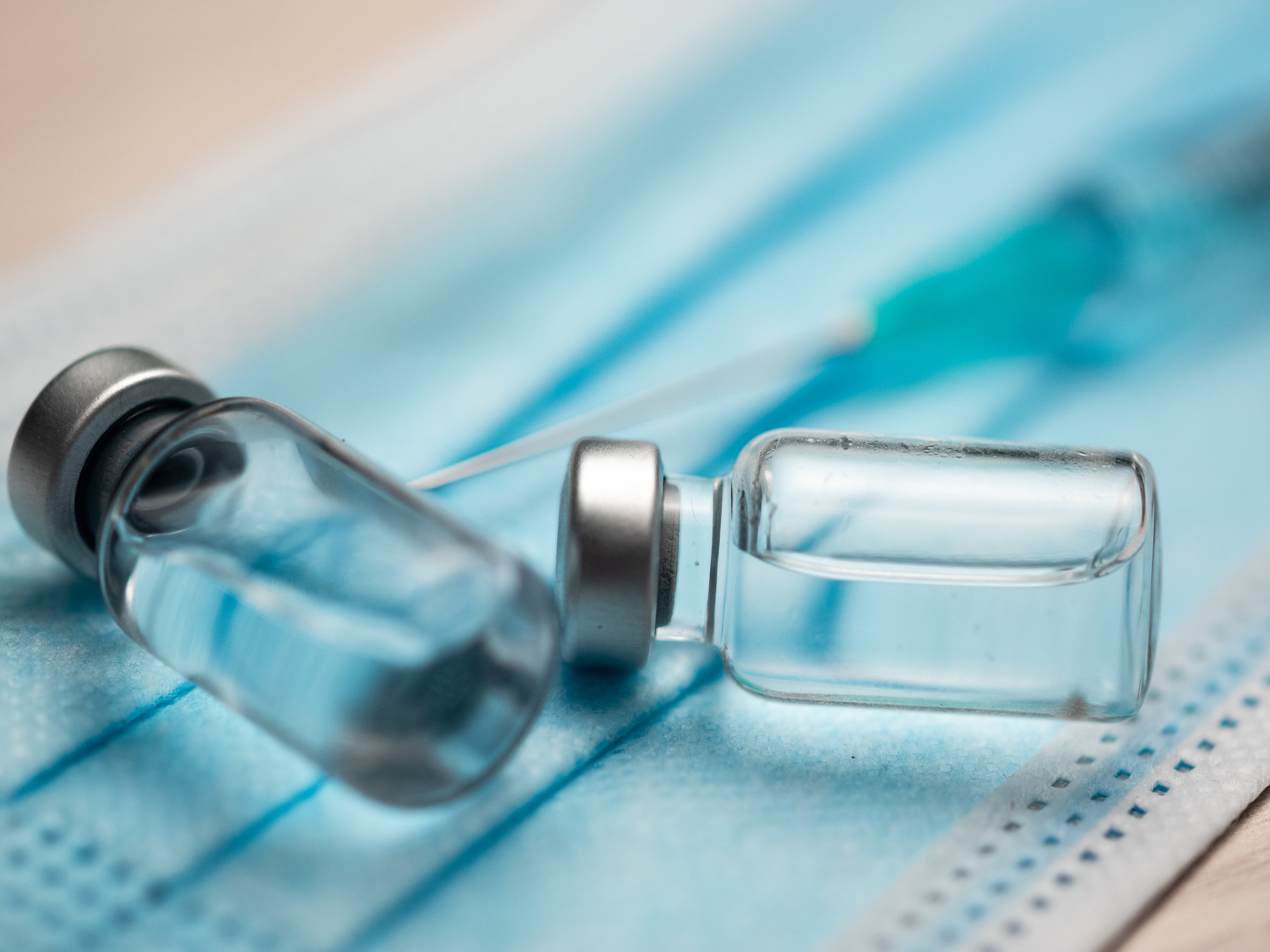
What’s the need for a ‘booster’?
Dr. Arif: Boosters are nothing unusual; we have boosters for lots of vaccines already. We have boosters throughout our life, and we boost for a lot of childhood immunisations. There's a real good reason for that: We want long-term life immunity.
So if you do get sick from those infections, you don’t get severely sick and end up in the hospital, or have fatalities. For the flu vaccine, we give vaccines every year, this could be deemed as boosters too. We never fully know how long the antibodies remain in the bloodstream and also, viruses slightly change over time, hence why we have the Delta variant right now in the UK.
The JCVI has said the COVID-19 booster might come into play in September. They will start vaccinating the extremely vulnerable first — so the elderly, care home residents, over 70s, and healthcare and social workers, and then go down to the next group. As flu season is coming up, we are planning the flu jab for August. This may change, but the way it might work is that those who go for their COVID-19 boosters may also get their flu jab. We’re waiting for clarification from the JCVI.
COVID-19 boosters might end up being like flu; they might have to tweak the vaccine ever so slightly and give them every year as viruses change ever so rapidly.
Can you mix and match different vaccines?
Dr. Arif: The mixing and matching of vaccines hasn’t been done historically, so we’re being slightly more careful before we roll that out to the general public. The trial data by Public Health England is really reassuring. I believe we’ll only come to that stage if we have a shortage of supply. Remember, this is a global issue and we have to get vaccines out to all countries.
The WHO has asked for an equal distribution of vaccines across the world, as this is about health equality. But right now, we're not advising the mixing and matching of vaccinations.
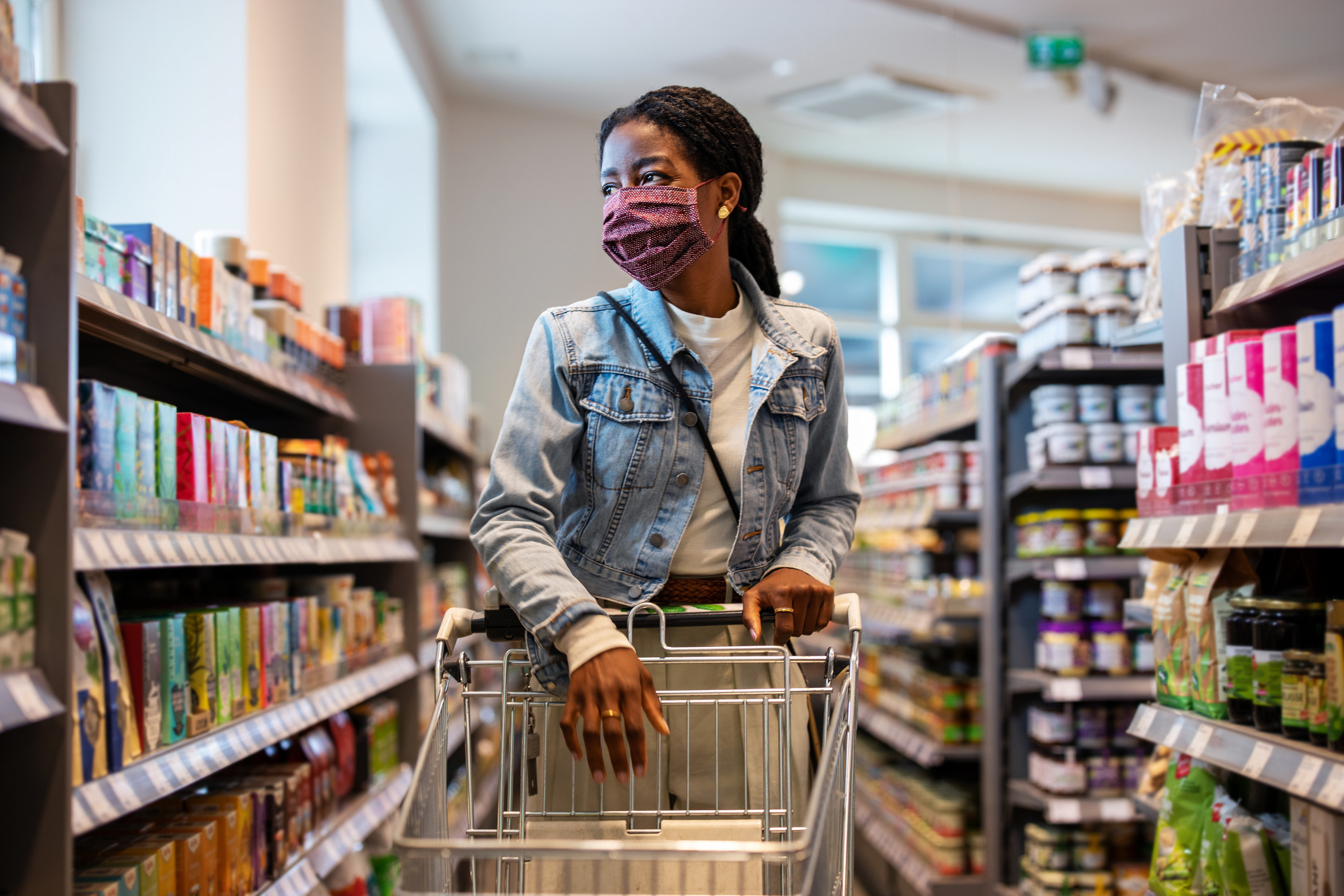
What are the ingredients of the vaccine? Are they vegetarian and halal friendly?
Dr. Danso: The vaccine is vegan, and has been approved by religious leaders as not containing anything that would cause ethical issues. There are small traces of ethanol, (alcohol derived from ethanol) but these are similar amounts to what you would find in fruit and even bread. You can find the details of the ingredients on the Gov.uk website.
Will the vaccine affect fertility?
Dr. Arif: The WHO and medical regulators are looking into this. The British Fertility Society, the Association of Reproductive and Clinical Scientists, and the Royal College of Obstetricians and Gynaecologists have advised there is absolutely no evidence and no theoretical reason why the vaccine would affect fertility.
Remember, your fertility will be affected by a range of factors — if you smoke, if you’re overweight, if you’re a person with PCOS, or have a low sperm count. People who are of reproductive age are advised to have the vaccine as there’s no evidence to show that it hinders your fertility. In fact, a handful of my patients who received the AstraZeneca vaccine in January have fallen pregnant and now they’re 4 to 5 months into their pregnancy.
Dr. Danso: There’s no data to support the COVID-19 vaccine causing infertility in men or women. The rumours come from the spike protein in the vaccine and whether that can lead to fertility problems — but there’s no evidence for that. During the vaccine trials, there were women who fell pregnant incidentally and were able to conceive naturally.
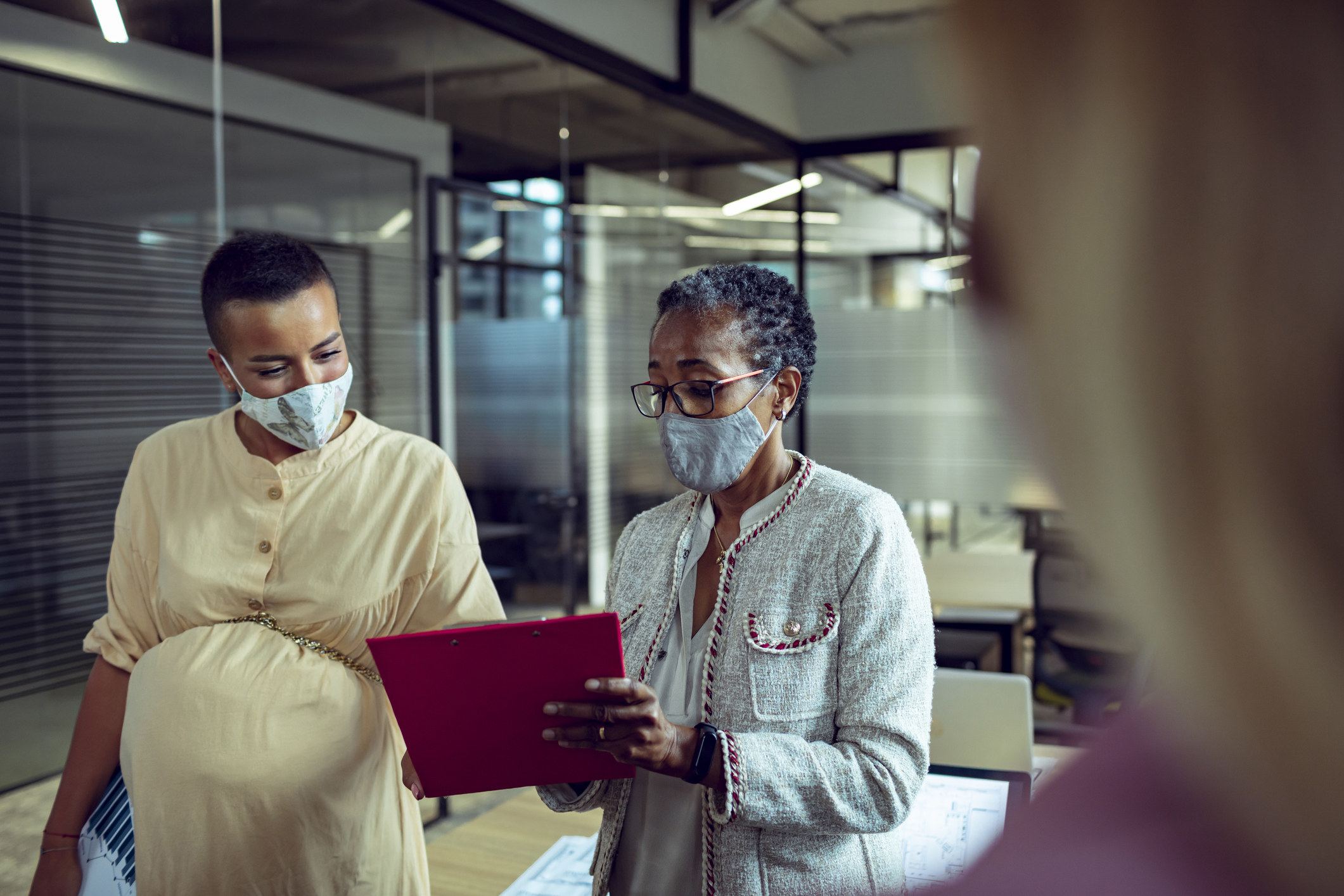
Does the vaccine affect periods or menstruation?
Dr. Arif: All vaccines affect your cycles, bottom line. It goes back to the basics of how your immune system responds. We have the best immune system around our womb, so when your immune system is responding to the virus, it triggers an immune system. Those antibodies go into hyper-alert, and the same happens around the lining of your womb. So some people may miss a period, exactly as what would happen if you had the flu or chicken pox. With a period, it’s already shedding what it doesn’t need, so that month you may miss it because your body is already fighting an infection.
Dr. Danso: After getting the vaccine, some people have shared that they’ve had changes to their periods — be it lighter, heavier, or more painful. But these irregular periods after getting vaccinated aren't something that persists.
There are many reasons as to why periods can become irregular — stress has been one of those during lockdown, so it’s good to look at this from a broader context and not relate it entirely to COVID-19.
What's the advice for those who are pregnant?
Dr. Arif: At the beginning of the pandemic, we didn’t have as much information on this, but now we have much more data. If you are pregnant, wait until after 12 weeks of pregnancy. Not because the vaccine is an issue, but because we know the highest risk of miscarriage is between the first 12 weeks of your pregnancy.
In general practice, miscarriages are 1 in 4. Just to make sure we take out the fear that the vaccine could affect the health of a baby, the advice is after 12 weeks. Get the scan, make sure everything’s okay, then get your vaccine.
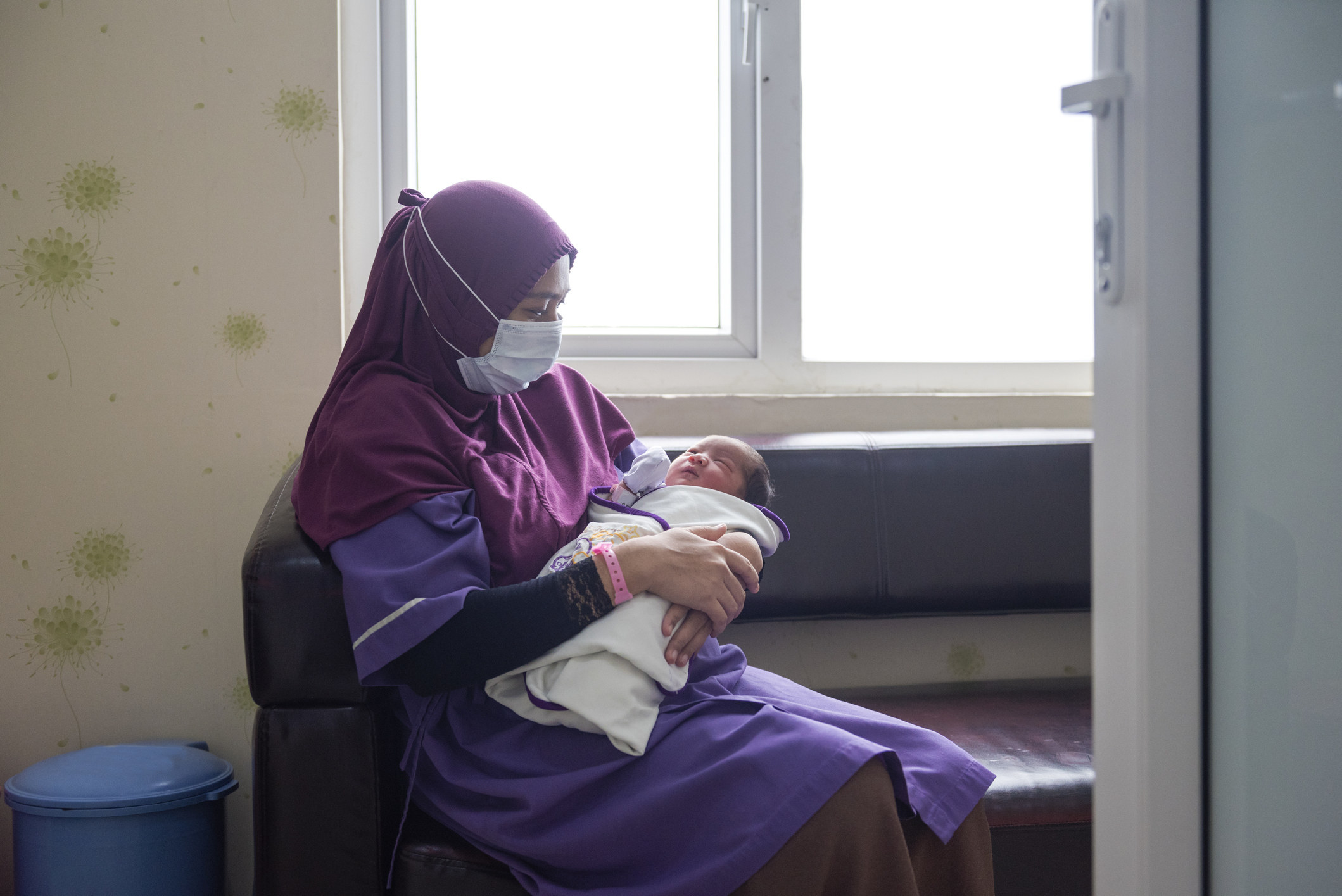
What about people who are breastfeeding?
Dr. Arif: The advice to parents who wish to breastfeed is that it is safe. The data is reassuring and similar to the flu vaccine. There’s been evidence to show the milk given to the babies has immunity so it’s no harm to the baby and if anything, that’s protection for your baby in the first few years.
What are some of the key things about the vaccine you would like people to know, especially those from a Black or South Asian background?
Dr Danso: I just feel like I wouldn’t be a good doctor if I didn’t address the history of medicine and big pharma with Black and ethnic minority communities. You have to understand where that distrust comes from. It comes from history — decades, even centuries, of Black people, particularly being maltreated by health authorities. And it's not just health, we’ve seen it in the judicial and education system. It’s really deeply rooted.
It’s okay to take your time and to think, and not rush. We do want things to go back to normal, but it’s important this is your own personal decision and choice. We don’t have compulsory vaccinations in this country and I want you to make an informed decision and to get information from reputable sources. Ultimately, you have to protect yourself and your loved ones.
Dr. Arif: Please look at accredited websites and don’t go into the rabbit hole of Whatsapp groups. Make sure your information is accredited and verified before you amplify and share what may mistakenly be misinformation, and please get both of your vaccines when you are offered.
For those who may feel fearful for the vaccine because of the understandable trauma in ethnic minority communities, due to a history of mistrust and not being treated well under medical professionals, turn to your community leaders and please reach out to your schools and GPs with questions. Questions are okay! It comes down to a personal decision, but know the vaccine protects you from the severe effects of COVID-19, and protects those around you. The numbers for transmission after vaccination are far, far more reduced so you’re not just doing a kindness for yourself, you’re doing a kindness to other people, which we should all be striving toward.
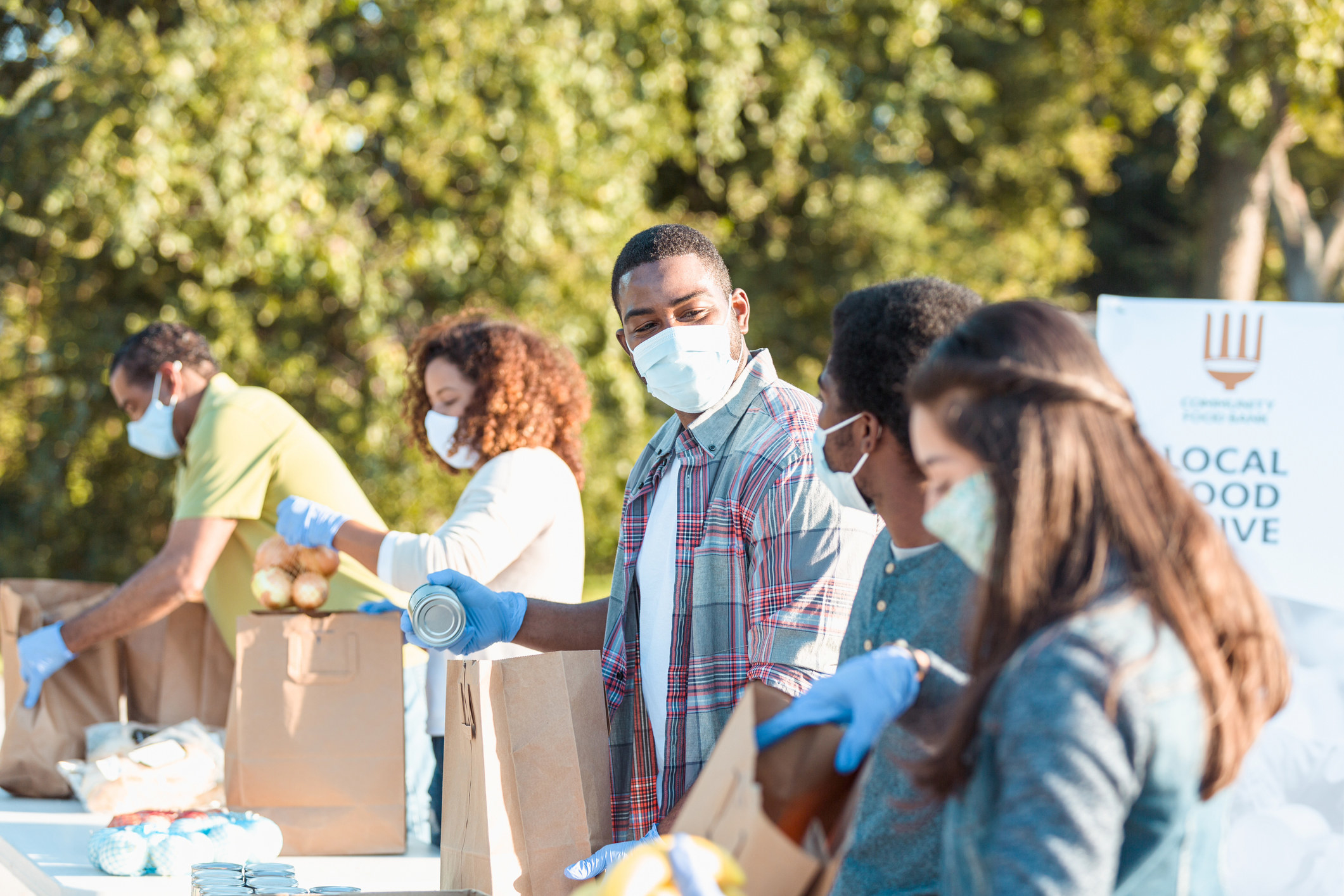
And finally, what's your personal experience with hesitancy toward getting the vaccine?
Dr. Arif: I had hesitancy from my family. My sister’s a dentist and very early on she said: "I heard it affects your fertility so I’m not having the vaccine." She’s very educated and well informed, but even she bought into some Facebook feeds.
I personally had the first round of the vaccine in February 2021 when the healthcare professionals were being vaccinated. I had a temperature, some aches and pains, and about three days of not feeling 100%, so I took some paracetamol and was absolutely fine.
For my second dose, I went back 12 weeks later. My cycle was slightly affected but as a woman with a coil, it was expected and so it didn’t worry me. That time, I had an injection under my left arm and there was a slight swelling under my arm and my lymph nodes were inflamed and some neck pain, which I didn't have during the first round. But again, that lasted no more than two days – I took some paracetamol and it completely went away.
Dr. Danso: When I was having my own vaccine, I was a bit nervous because there was so much information. I knew I was always going to have it, but I wanted to think about it.
Telling this story to other people has encouraged them to have it. I think you just want to know somebody that you trust who’s had it. Then after that, my parents had their vaccine and then their friends were inspired to have it too. Even though I’m a doctor, it was more about the fact they could trust my experience and what I said. Having someone you know get the vaccine feels more safe and reassuring.
When you get the vaccine, you'll be joining the millions of people in the UK who have now had it safely, as well as the millions more around the world who have taken action to help protect themselves and others.
For more information about the vaccine and how you can book, you can visit the NHS site here.
